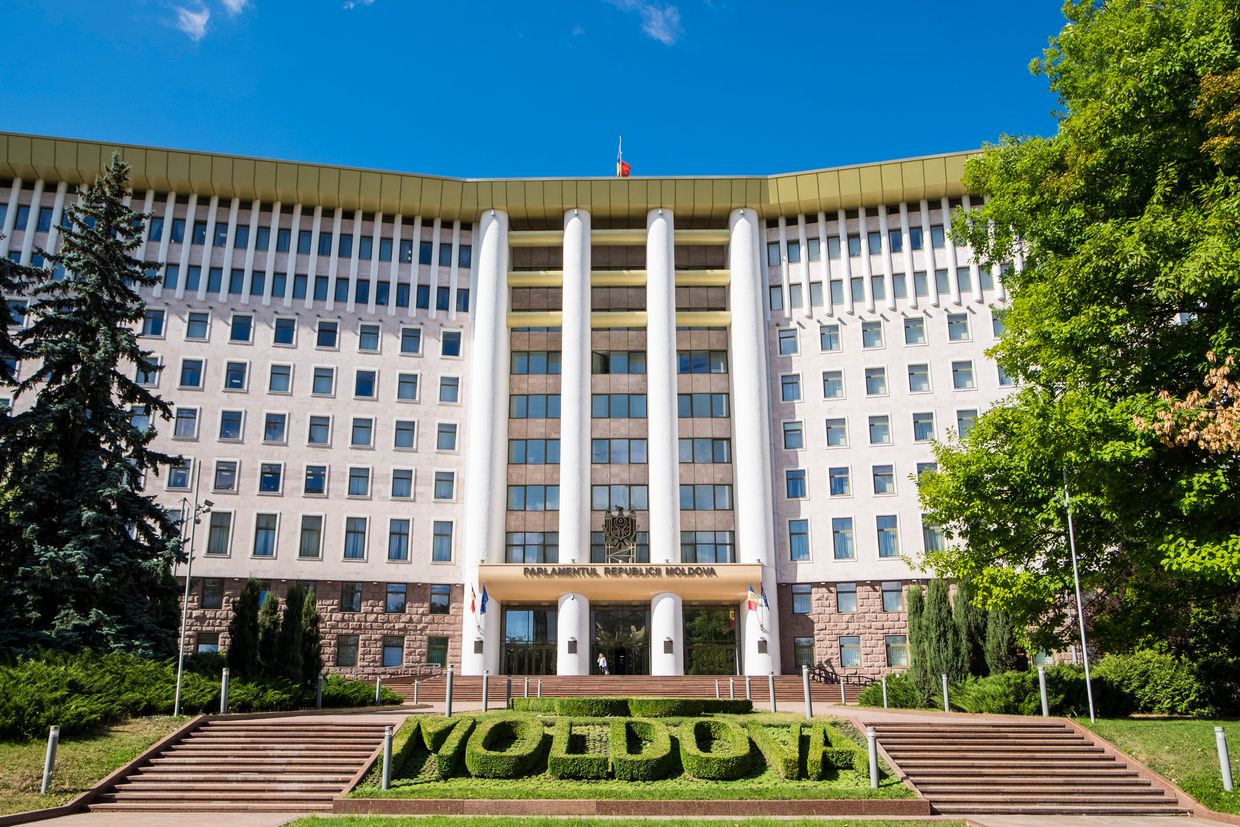Moldova's security chief says Russia spent $55 million on destabilization campaign

Russia has spent over a billion Moldovan lei ($55.45 million) on attempting to destabilize Moldova, Alexandru Musteata, the head of Moldova's Information and Security Service, said on Nov. 3.
Speaking at a press conference, Musteata said that 90 million lei ($5 million) have been spent on voter bribery and illegal financing of the Chance political party, Moldovan outlet Newsmaker reported.
“Together with other law enforcement agencies, a large-scale operation has been uncovered, the purpose of which is to influence the electoral processes," Musteata said.
Investigators believe that a coup was planned by individuals who understood the "implementation of political technologies in the Russian Federation" and are members of an "organized criminal group led by Ilan Shor."
Shor is a Moldovan businessman and politician who headed the pro-Russian Shor political party, and fled to Israel in 2019.
A Moldovan court sentenced him in absentia to 15 years in prison for fraud and money laundering in April 2023.
He went on to set up the Chance political party almost immediately after the Shor party was banned by Moldova's Constitutional Court in June 2023.
The West and the Moldovan government have repeatedly accused him of trying to destabilize the country.
Both Shor and his political party have been under U.S. sanctions since October 2022. According to the U.S. Treasury, in 2021, Shor worked "with Russian individuals to create a political alliance to control Moldova's parliament, which would then support several pieces of legislation in the interests of the Russian Federation".
Moldovan President Maia Sandu also said on Nov. 1 that Russia has been funneling money into the country in an attempt to "buy" votes ahead of upcoming local elections, and has pumped millions of dollars into pro-Russian parties into Moldova in the last few months.
Sandu, a pro-European politician elected president in 2020, has condemned Russia's invasion of Ukraine and sought to remove Moldova from Russia's sphere of influence.
However, Russia has continued to put pressure on Moldova, weaponizing its energy supply, funneling money to pro-Russian parties as Sandu claimed, and even allegedly fomenting an attempted coup.













